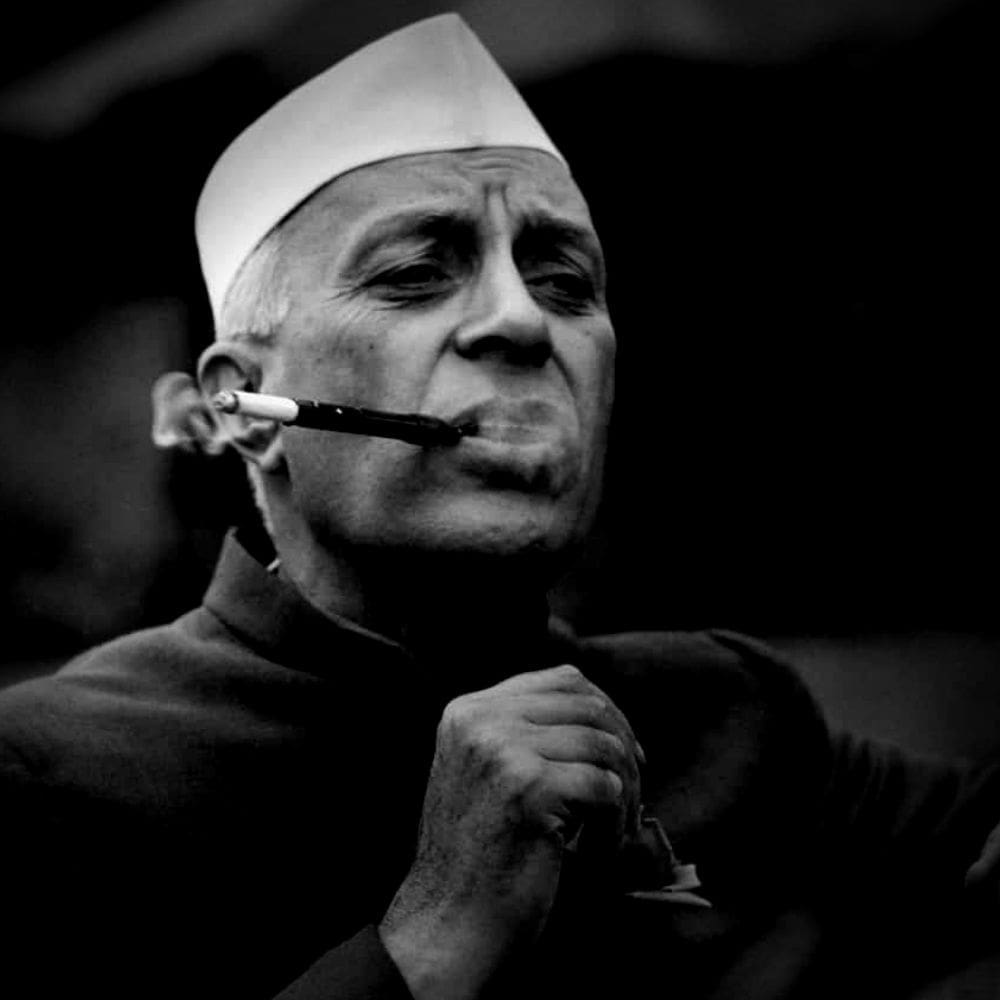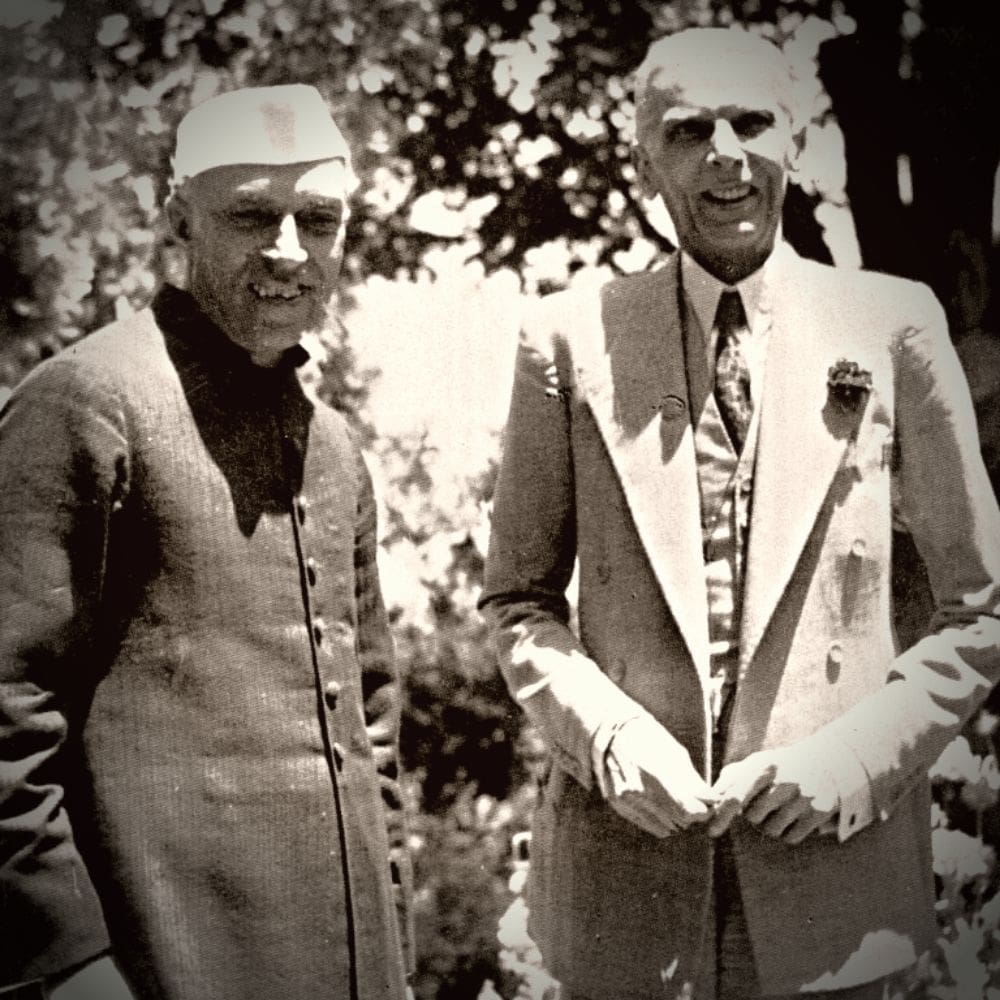DEBILITATING BABUDOM & CRIMINAL-JUSTICE SYSTEM
Babudom—the IAS-IPS-IFS-IRS combine, those from the criminal- justice system, and the bureaucracy lower down—is very intimately related to socialism, poor rate of growth, continued poverty, injustice and misery.
Nehru did nothing to change the babudom and make it people-oriented, service-oriented and development-oriented—they continued with their feudal class consciousness and arrogant ways, ill-suited to public service. The pre-independence babu culture of living like a rajah, misusing power, exploiting people, becoming rich at their cost, and aping the British ways to look cultured, continued, and indeed became worse with Raj giving way to Nehru-Indira’s licence-permit-quota raj. Wrote MO Mathai: “Members of the Indian Civil Service (ICS) were the most arrogant and perhaps the most ignorant compared to other services which they considered as inferior.” In the pre-independence days, the ICS were in the service of the exploiting colonial masters; and in the post-independence period they switched to serve the corrupt politicians, taking a share of the moolah.
As per 15 October 2013 Times of India, Mumbai news-item ‘2,600 cops serve in homes of IPS officers in state’ by Prafulla Marpakwar: “…The question now is whether [the government] will withdraw the 2,600-odd police personnel deployed at the residences of 280 IPS officers across the state [of Maharashtra]… At least seven to 10 constables are deployed at the residence of an Indian Police Service officer, a senior IPS officer said. If this number is reduced, the state will get enough policemen to fill up at least 10 to 15 police stations… [A conscientious] IPS officer said, ‘I am shocked that so many constables are deployed. Occasionally I feel we are still in the British Raj…’” The report states that 5 to 9 constables, 3 orderlies, 1 cook, 2-3 telephone runners and 2 drivers are deployed at the residences of SPs/Commissioners; while 2 to 5 constables, 2-3 orderlies, 2 telephone runners and 2 drivers are deployed at the residences of other IPS officials. The report continues: “‘Many officers have even more staffers, depending on their influence. In Pune, a high-ranking officer in the prisons department had 15-20 constables at his official residence,’ said a senior IPS officer… What was more shocking, the officer said, was that the staff remained the same even if the officer were to be shifted to another city, and even after an officer retired, the police personnel continued to serve him for a period ranging from three months to a year.”
So, while the citizens may remain insecure and crimes against women may be a growing menace the IPS babus, like their IAS counterparts, must lord it out. Which other democratic country in the world would allow such shamelessness, brazenness, colonial luxuries, feudal lordliness, priority of services to self over services to people, and utter contempt for the general public! And, can an abysmally poor country like India where millions go hungry afford this? Only a feudal, dynastic democracy like India, where those at the helm similarly lord it out in utter contempt and disregard of the people, can permit such gross insult and indifference to the public!!
What has the Babudom done—especially the IAS at the top, who ought to be accountable for it—to transform the state from a callous exploiter to one that serves citizens. One wonders why that word “Service” is attached to IAS, IPS, IFS and IRS, unless it signifies only self-service or service to their masters. Do they serve the public? Or, do they get served? The babus indeed have very low IQ—low Integrity Quotient. Perhaps, compared to the politicians, the babus have been greater culprits. The Indian misgovernance mess and filth can largely be attributed to the IAS-IFS-IRS-IPS combine. They sit at the top of the dung-heap, and are in many ways more powerful than the politicians, who come and go every five years, while they continue, irrespective of their performance, on account of their constitutional sinecure. ICS prospered under the British, while the nationalists suffered jails. Post-independence, the top babus—not all, but an overwhelming majority—have been having a good time: making money, misusing power, contributing little, taking the country to dogs, and then blaming the politicians for all the ills, and how they are not allowed to function!
Wrote Durga Das about the British bureaucracy in India: “Financially secure and socially exclusive, the Civil servant and his wife set about behaving as barons and big landlords did at home, a battalion of domestics to carry out their slightest behest, the club to preserve their social prerogatives and the executive authority to buttress their eminence.”
The brown-sahibs, who took over after independence, followed in their foot-steps. In the mid-1930s Nehru denounced the ICS—Indian Civil Service—as “neither Indian nor civil nor a service”. He further said that it was “essential that the ICS and similar services disappear completely”. Unfortunately, after independence, with himself in power, such pledges, like other promises, faded away.
As if their normal service-period is not sufficient to ruin the country, a large number of retired babus manage a government position in some establishment or the other, and never really retire. No wonder Indian Express [IE] in its series of articles in July, 2012 expanded IAS as “Indians Always in Service”. The probability of procuring a “confirmed gravy train ticket”, as IE called it, is predominantly influenced by the extent of one’s servility to the powers that be. In fact, the political class and babudom, mainly the IAS, have co-opted each other. Politicians can’t amass wealth, handout favours and perpetuate their rule and that of their dynasty without the cooperation of the top babus; and the top babus, in turn, can’t keep getting plump postings, a cut in the moolah and gain indemnity for their misdeeds without the kind intervention of the politicians. Being a mutually beneficial combination, the top babus seek and the politicians facilitate their continuation even after retirement.
Thanks to the prevailing system of political patronage, powerful, pliant, generalist babus have long since expanded their tentacles to capture not only governorships, but also most of the critical positions requiring specialist expertise, such as position of RBI governor, CAG, head of TRAI, CCI, NDMA, CERC, and so on. It is, however, worth noting that almost all top positions require high-level expertise, and the generalist IAS—even if they have done some course or taken some training or gained some little experience just to corner those posts—are gross misfits, because top-level expertise demands years of focussed work in that particular field, which the IAS can never gain. IAS therefore has nothing worthwhile to contribute in those areas, and become mere file-pushers passing their time. Why shouldn’t the head of TRAI be a telecom expert rather than an IAS babu? Why should the CAG be from IAS rather than from the Indian Audit and Accounts Service? Why shouldn’t the RBI governor be an accomplished, experienced economist—why should he be an IAS babu? How come the USA manages to have high-level experts from the concerned fields to head the relevant positions; while in sharp contrast, we put in the IAS babus as square pegs in round holes in all top positions.
Why is it so? Actually, politicians require compliant people who would do their bidding; and IAS babus more than meet that requirement. Why take academic, judicial, social, financial, revenue, security, disaster management, law-enforcing, business, trade, management, information technology, telecom or other technical experts from outside to head those positions and run the unnecessary risk of having honest, conscientious and forthright persons? IAS babus are safe bets, more so the retired ones begging for assignments.
With the economic liberalisation post 1991 it was expected that the bureaucratic stranglehold would loosen. But, sensing the vastly enhanced scope of making the moolah with the unprecedented expansion of the economy, the politician-bureaucratic combine ensured that the plethora of new bodies, especially the regulatory ones, that came into being were hijacked by the babus. With a nod from the politicians, serving and retired babus have captured practically all important decision-making bodies. With IAS babus as heads of regulatory bodies, autonomous, independent, honest, competent and sane regulation is a chimera. Babudom, as it has existed, is incapable of delivering, as the experience of over six decades after independence bears out. There have been some babus who have tried to do good, but that’s a miniscule percentage and an exception, and even they could not go very far, as they stood check-mated by the establishment, including their own colleagues.
Isn’t it strange that while political parties excoriate one another, TV and print media pans the political class, and NGOs and Civil Society groups fulminate against them, hardly anyone highlights the venality, lack of probity, incompetence and corruption of the babus, without whose complicity or negligence no scam is possible. Khemka, a capable and honest IAS officer who has been at the receiving end, had commented, “If bureaucrats did their duty, there would be no scams.”
Indeed, Babudom is a strong pillar in the foundations of India’s misery. The Indian babudom is authoritarian, arrogant, callous, unfair, heartless, ill- mannered, indifferent, incompetent, inefficient, ineffective, nepotistic, sloppy, sluggish, self-seeking and shamelessly corrupt. Bureaucracy is now Kleptocracy. The only thing that partially saves us from the bureaucracy is its inefficiency.
Among the major factor of India’s misery are corruption and poor governance, for both of which the Babudom is responsible. Political class, certainly yes; but, so also Babudom, which is hand in gloves with them. No wonder, PERC (Political and Economic Risk Consultancy: www.asiarisk.com) rates it as one of the worst bureaucracies in Asia responsible for, as an article in The Indian Express, Mumbai of 16 October 2013 states, “bottlenecking key policies, widespread red tapism in everyday affairs, massive corruption, being uninnovative and insensitive, and harbouring generalist officers who lack expertise.” A report “Corruption’s Impact on the Business Environment” for 2013 for Asia-Pacific was published by PERC. It grades countries on a scale of 10, 0 being the best and 10 being the worst—most corrupt. Singapore came at the top with a score of 0.74, Japan and Australia tied at number 2 with a score of 2.35, and India came at the bottom with a score of 8.95!
The India bureaucratic system is actually beyond reform. The only remedy is to dismantle it completely and rebuild it from ground up. When a private company fails or does badly you blame its top-executives, who are generally made to resign. The top executives of the government are IAS- IFS-IRS-IPS combine. You have to blame them for failure of India both at the Centre and in the states. Most of the babus have been supporters of socialism or significant state controls and regulations, not because they think it would do any good to India, but because it results in enhancement of their powers and importance and opens avenues for making money. Of course, not all babus are bad. It is only 99 percent of babus, as someone said, who give the rest a bad name! In this connection, the book ‘Journeys through Babudom and Netaland’ by TSR Subramaniam, the ex-Cabinet Secretary, is worth reading.
Looking at the babudom, a parody on the Metamorphosis of Franz Kafka takes shape in your mind. What if Kafka was born in India and was witness to post-independence India; and what if he wrote Metamorphosis in the current Indian context? Would it still have the undertone of absurdity and alienation, and of a random and chaotic universe with no governing system of order and justice? Would it still have Gregor, a travelling salesman, metamorphose into a gigantic insect? Or, would it rather have the undertone of a crass, callous, corrupt, rusted, unjust system—all man-made; with Gregor, a babu rather than a travelling salesman, metamorphose into a gigantic cockroach?




